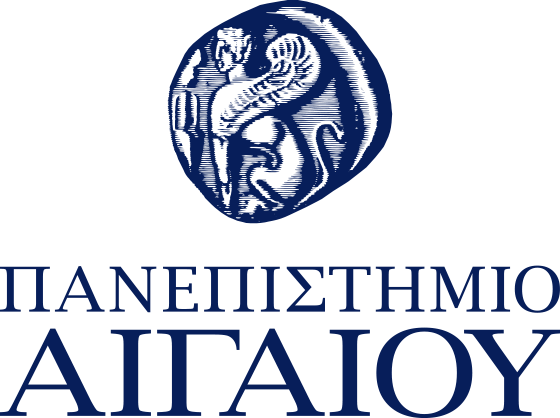SCHOOL OF ENGINEERING – Department of Information and Communication Systems Engineering4 Jul 2022 to 8 Jul 2022 Samos
he 9th International Summer School (4-8 July 2022) focusing on Technologies and Applications for Government 3.0, a really growing and offering great challenges domain, is taking place on the beautiful island of Samos.
The Summer School on Government 3.0 is organized by the Department of Information and Communication Systems Engineering, University of the Aegean and provides a unique opportunity for participants to interact with internationally acclaimed scientists and researchers in the domain of ICT-enabled Governance, to develop their skills in the areas of policy modelling, information management, social media in governance and more. opengov2022) may be of interest to the following:
- PhD Students interested in open government, data-driven governance, and data-driven research;
- Professionals and researchers working on open government and advanced democracy research and interested in new disruptive ICTs in e-government; open data research or open data initiatives; topics related to public values, including transparency and privacy in a governmental context; policy modeling and data-intensive decision making.
- Senior administrators, policy advisors, government officials, or agency members, who are interested in how ICTs change governments and how ICTs can be used in public administrations
- Co-organisation with:
Samos 2022 Summit on ICT-enabled Governance
In parallel with opengov2022 Summer School, the 12th Samos Summit on ICT-enabled Governance will take place the same week. The opengov2022 participants have full access to the programme of the Samos 2022 Summit which is synchronised with the Summer School’s one for the first 3 days in order to provide a unique opportunity to meet and discuss with the business and scientific leaders on the domain of e-government.
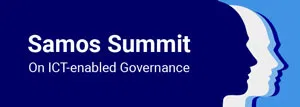
TODO Research Seminar on Open Data
The opengov2022 is supporting the TODO 2nd Research Seminar on Open Data which will be held in conjunction with the opengov2022 during the last 2 days. The invited open data experts will present their experiences, best practices and further research direction in the domain in order to inspire early-stage-researchers in their current research endeavours.

In Collaboration with:

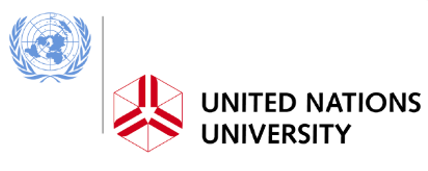


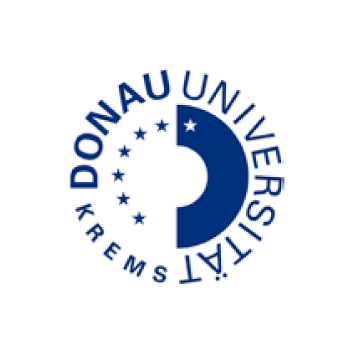


Scope
The aim of the opengov2022 Summer School is to enable participants’ involvement in Open and Collaborative Governance issues and their accompanied technologies with hands-on workshops and discussions around the most prominent technologies of the domain (such as big and open linked data, blockchain, artificial intelligence and machine learning, crowdsourcing mechanisms, policy modelling and simulation, opinion mining and sentiment extraction and visualization), and offer appropriate additional skills towards shaping a successful researcher, a competitive employee and a well-informed public servant.
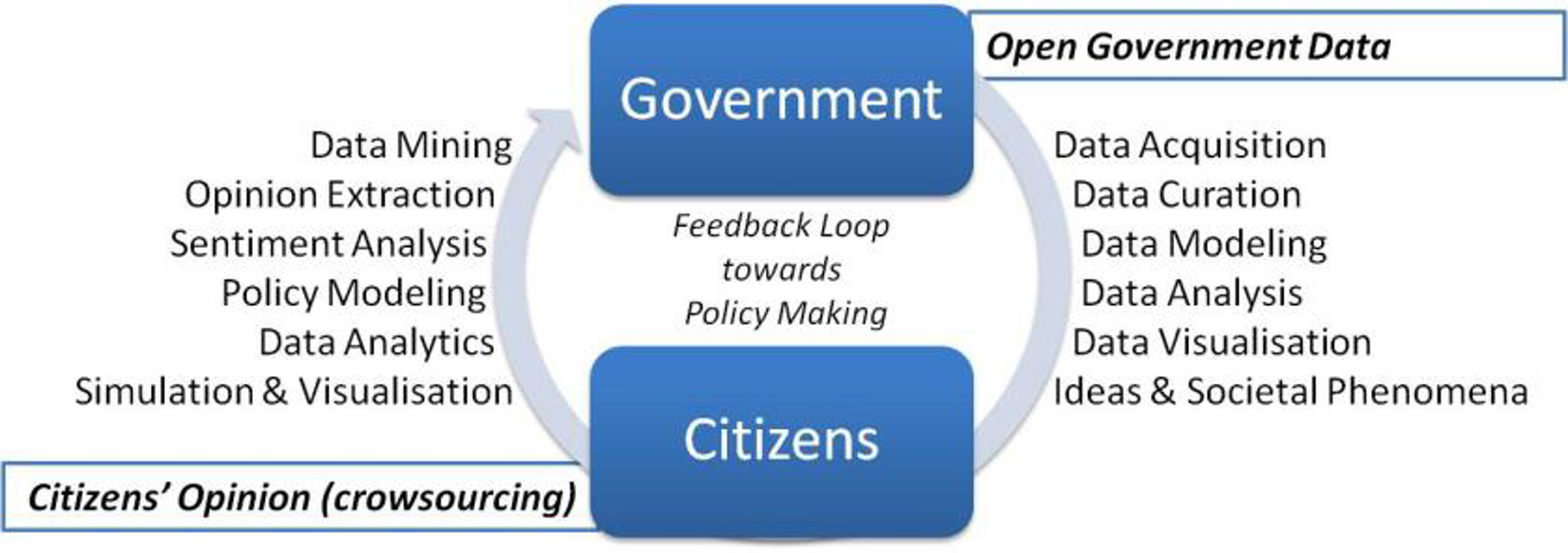
The current state of the art and practice in the area of Electronic Governance has up to now been tackling important problems for administrations and societies such as service provision, automation in the public sector, interoperability and common standards, information systems, security and authentication and legal issues. At the same time new, highly disruptive ICTs are emerging, maturing and increasingly utilized in the private sector, leading to major transformations, such as big data acquisition and analytics, Internet of Things (IoT), artificial intelligence, bots and agents, data mining, distributed ledger technologies and block-chain, gamification, simulation, etc. These ICTs will provide completely new opportunities for the public sector and the societies in order to address severe, social challenges and problems. Finally, we are analysing these issues from the aspects of e-democracy. E-Democracy by definition combines technology and democracy and ideally, is a multifaceted interdisciplinary research seeking to enhance public rule, citizen engagement, and direct unobstructed accountability. For the time being the internet gives interested citizens better access to the information which allows them to impact on public policy. Using online tools people can more easily be involved in the policy-making process of government, and this has led to increased public engagement. Social media sites support networks of people; online networks affect the political process, including an increase in politicians’ efforts to appeal to the public in campaigns. This serves however as the platform for research for an E- Democracy, meaning not Electronic, but Enhanced.
Government 3.0 refers to the use of disruptive ICTs (big data and artificial intelligence technologies) in combination with established ICTs (distributed technologies for data storage and service delivery) and the wisdom of crowd (crowd-sourcing and co-creation) towards data-driven and evidence-based decision and policy making.
Topics
The topics addressed by the opengov2022 Summer School include a wide span of information and communication technologies and social science issues, covering the whole cycle of decision making under the following thematic areas:
- Big and Open Linked Data applications and technologies
- Big Open Legal Data services and infrastructures
- Machine Learning & Data Mining
- Blockchain in e-government
- Gamification in e-government
- Data-intensive decision making
- Personalised Public Services
- Open Government & E-Democracy
- Social media and web 2.0 platforms and services for governance
- Policy modelling and electronic policy deliberation (e-participation)
- Artificial Intelligence tools and techniques
- Smart Cities
- Virtual and Augmented Reality
- Mobile and cloud technologies for open and collaborative governance
- Interoperable infrastructures: Technical, semantic and organisational interoperability
- Voting and polling in the present technology environment, seeking further possibilities
- Deliberative Democracy. Tools available. Tools to be developed
- Objections to direct democracy. Examining weaknesses, like (arguably) the risk of manipulation of opinions, easy polarization, populism, and demagoguery. How it relates with data protection and privacy issues – citizen right
Πηγή: Θερινά Σχολεία- Λέσβος – Χίος- Ρόδος-Σάμος- Σύρος- Λήμνος
